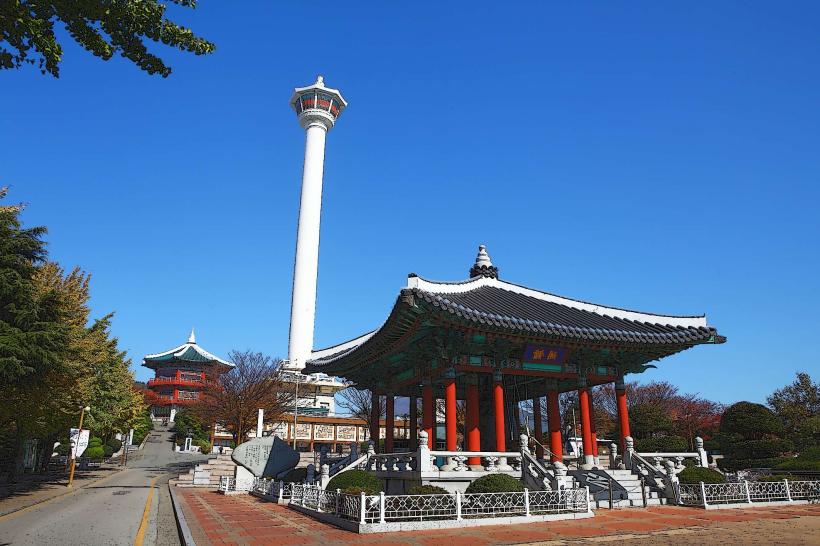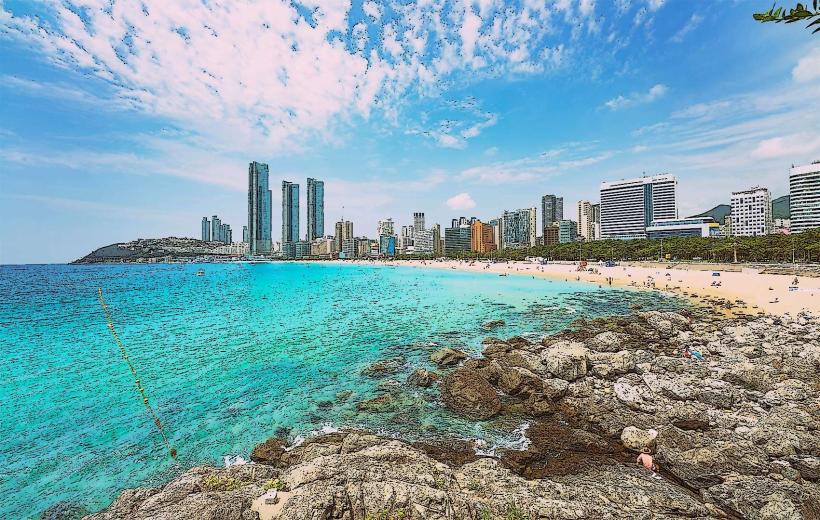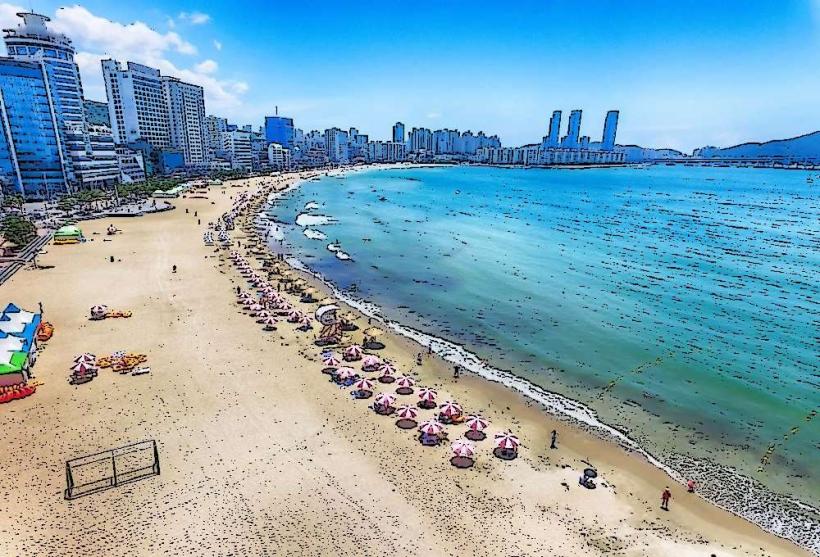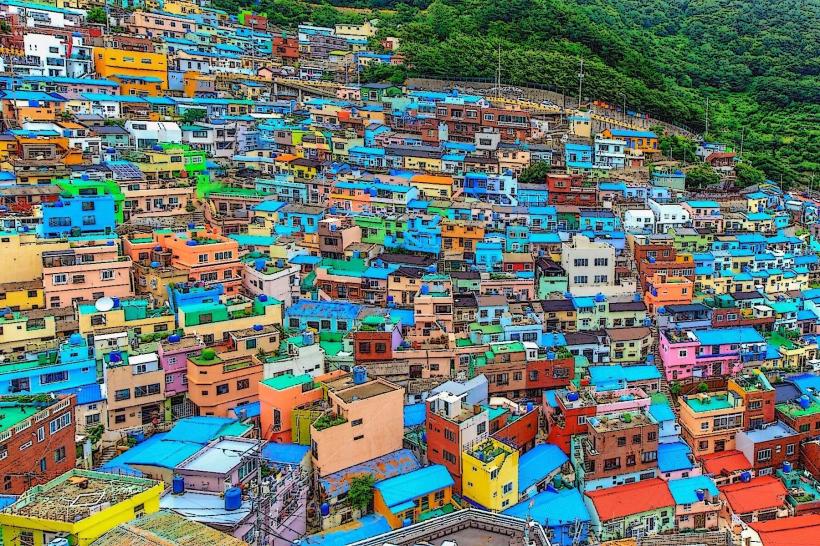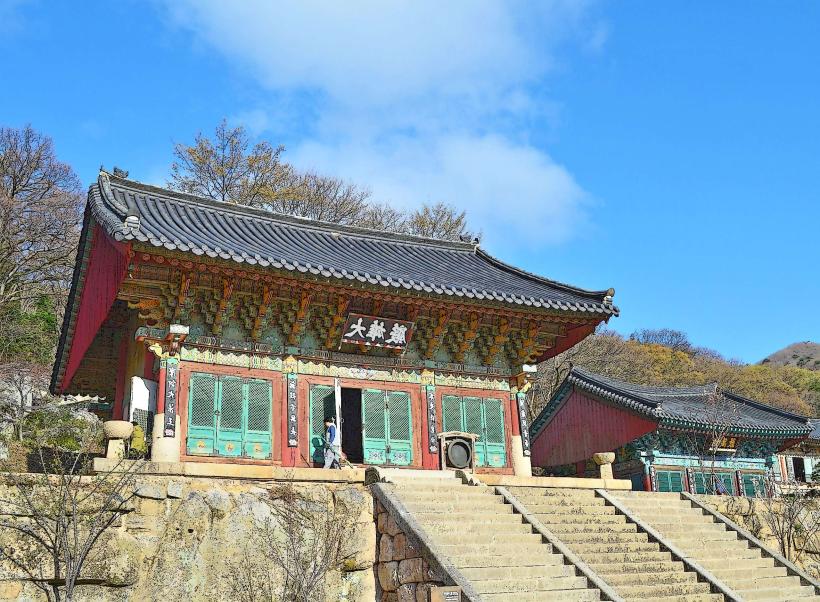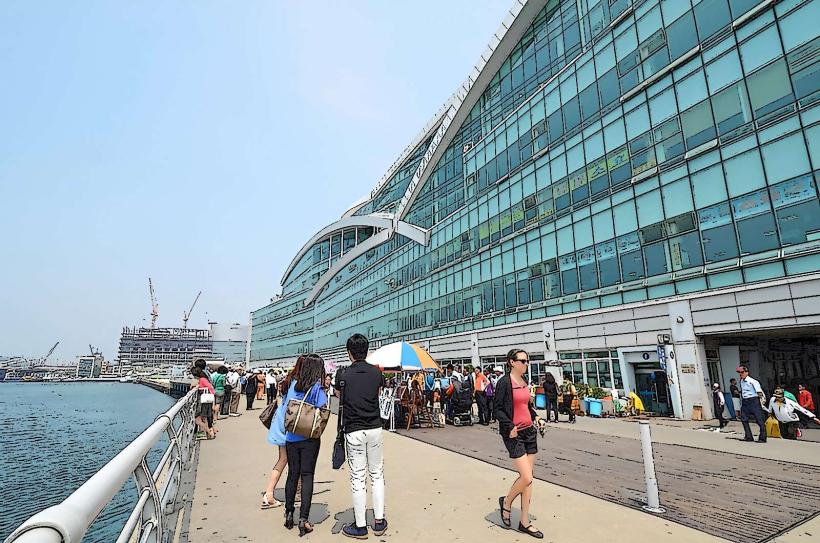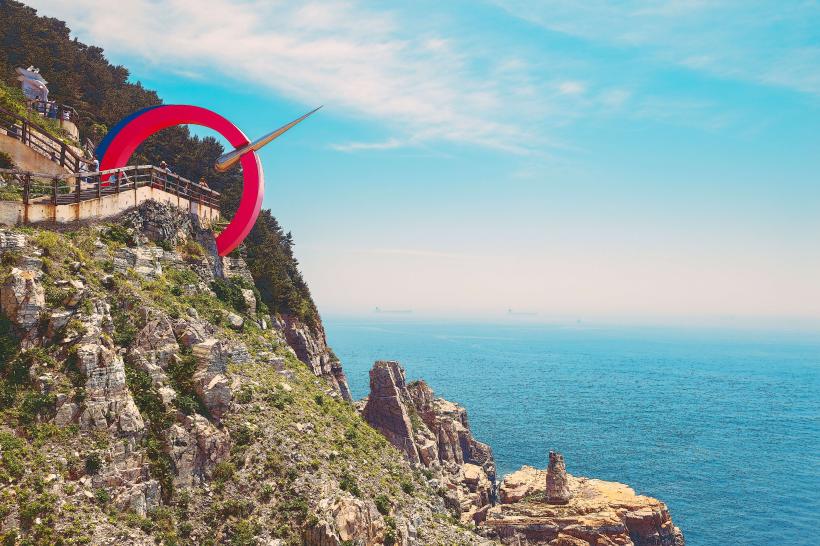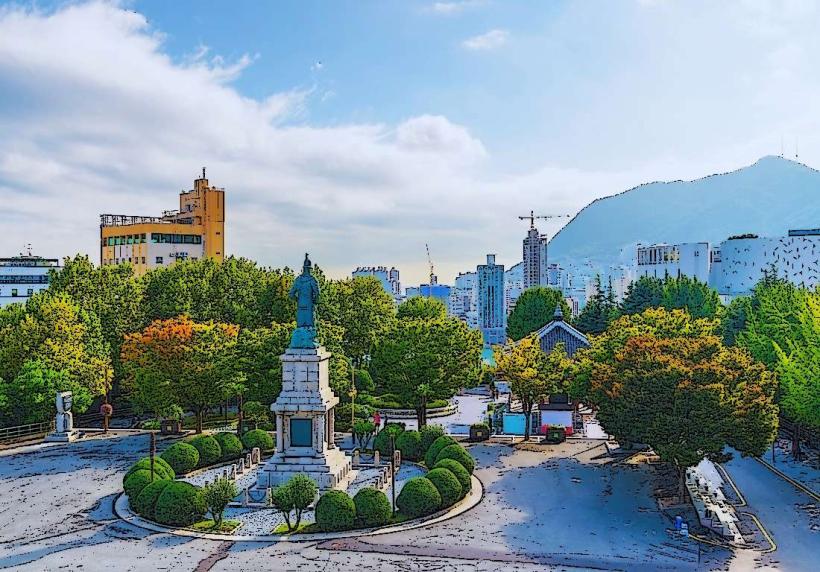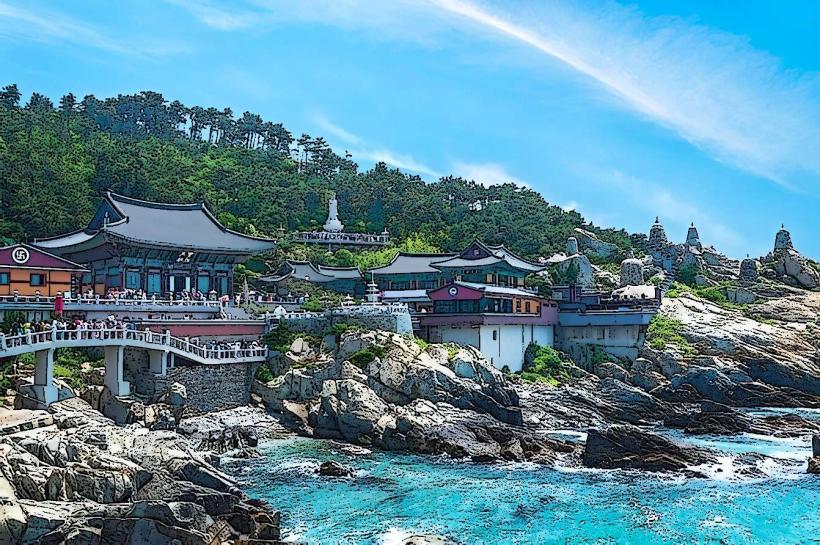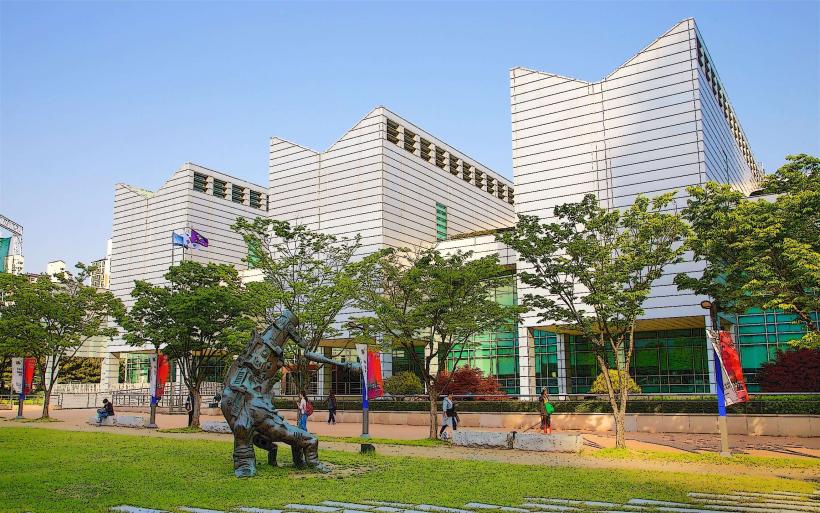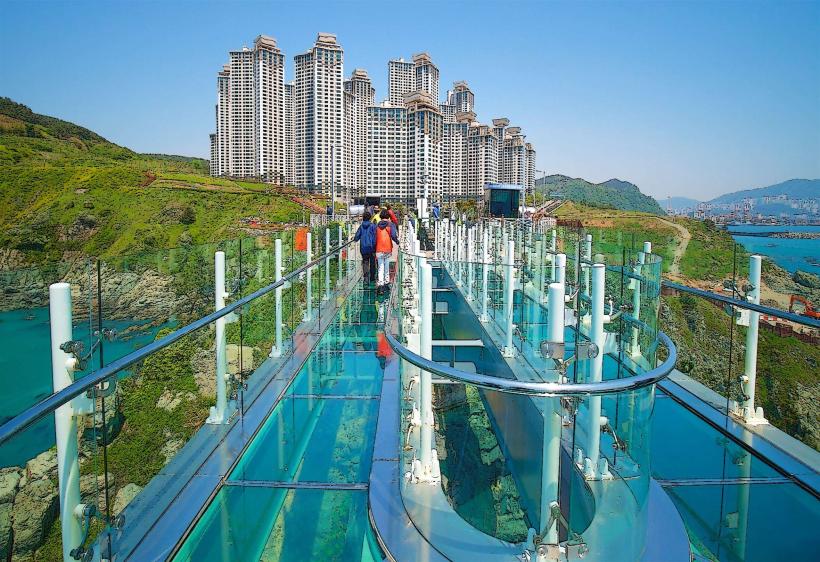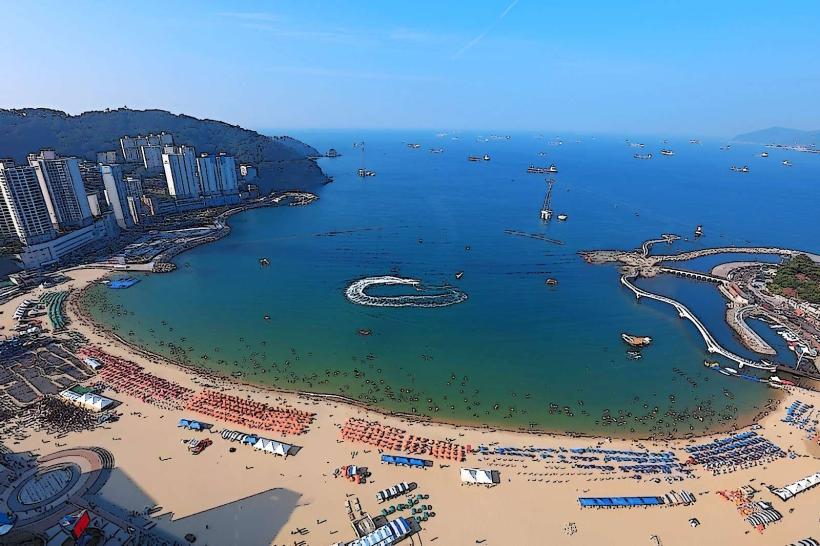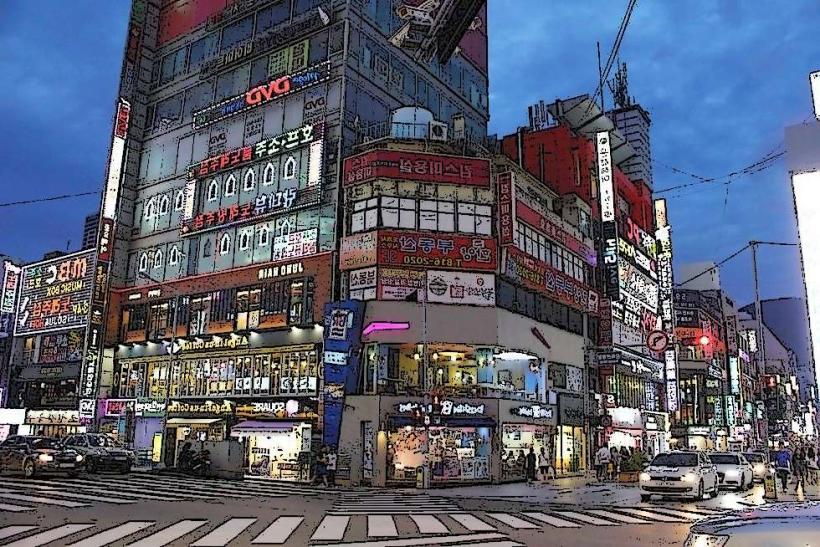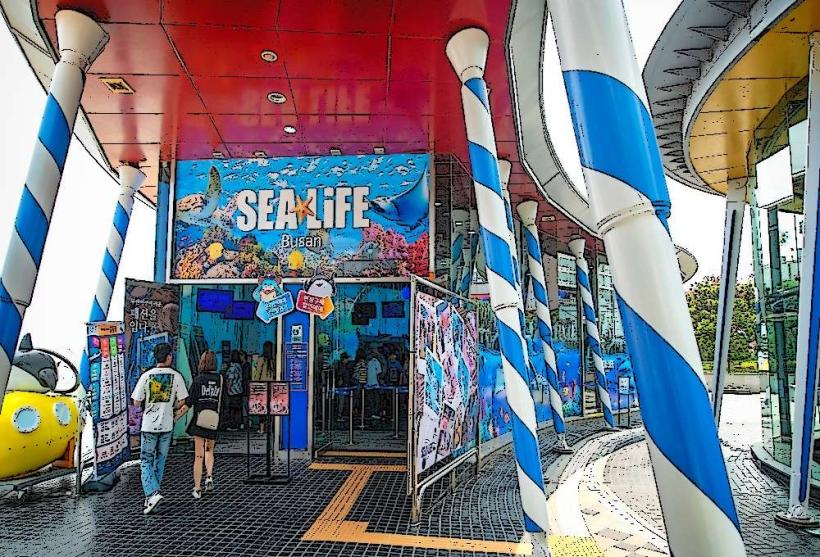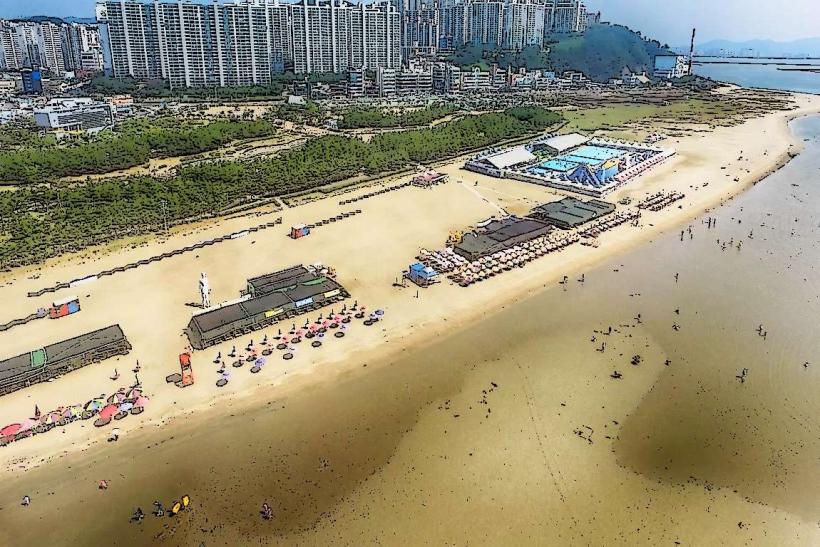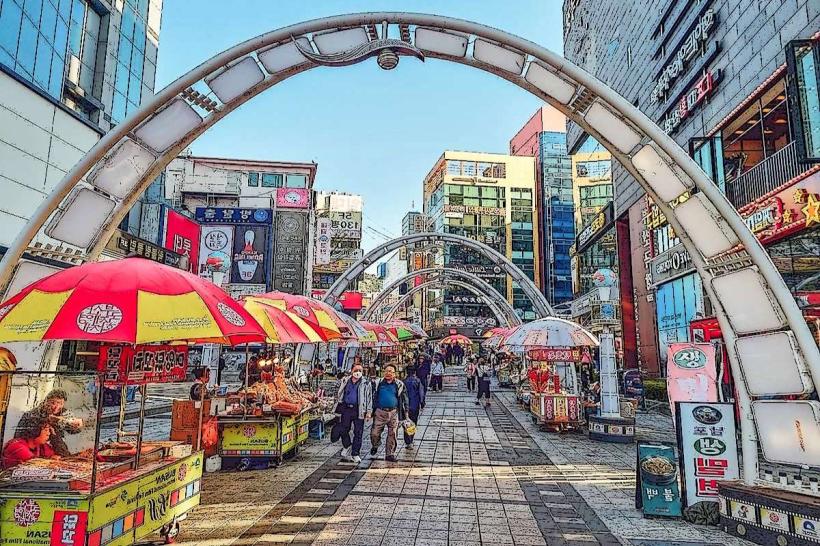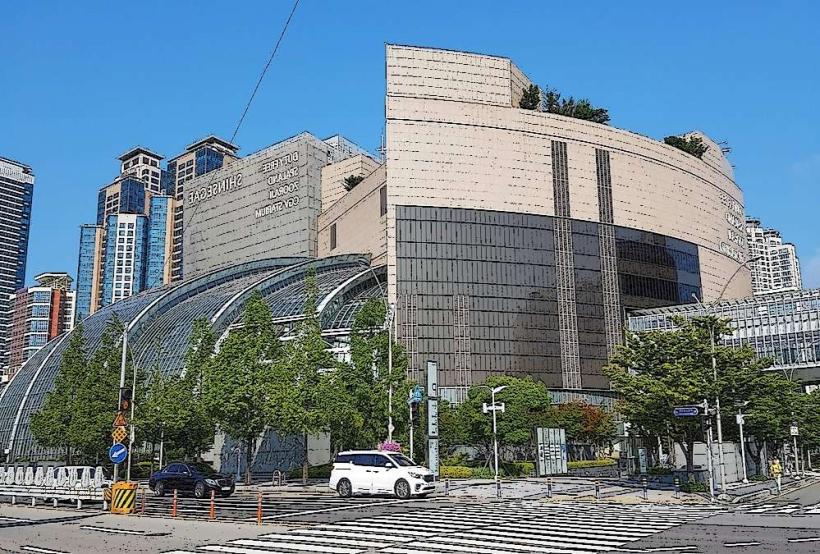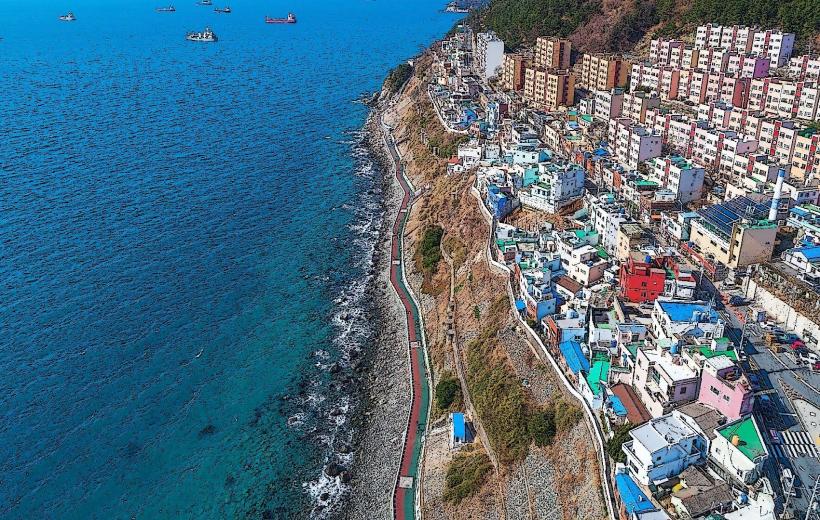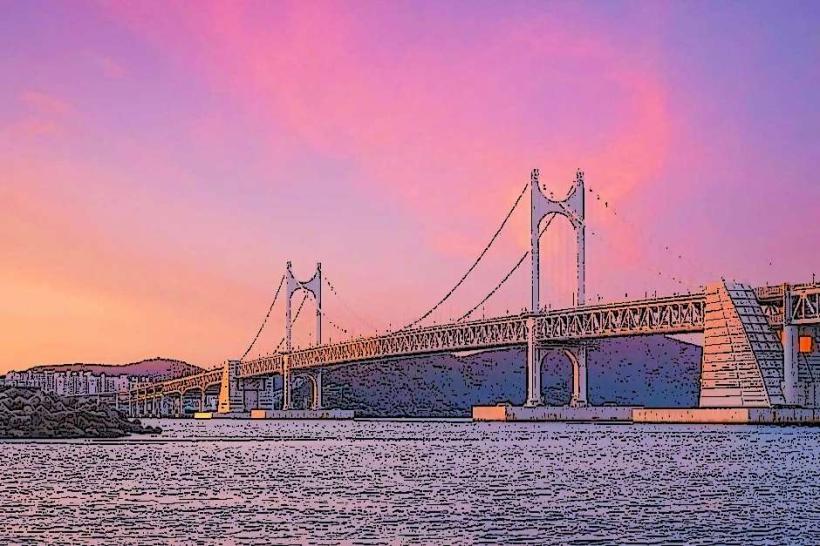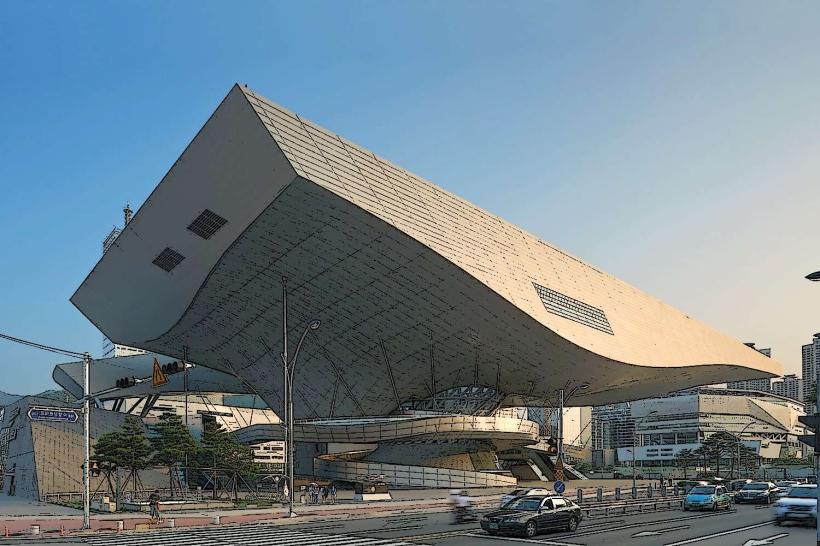Information
City: BusanCountry: South Korea
Continent: Asia
Busan, South Korea, Asia
Busan is South Korea’s second-largest city and its primary maritime gateway. Located at the southeastern tip of the Korean peninsula, it is defined by a rugged coastal landscape where mountains meet the sea, creating a unique, decentralized urban structure.
Historical Timeline
Busan has served as a strategic trading port since 1876. Its most critical historical role occurred during the Korean War (1950–1953), when it served as the temporary capital and the only major city never captured by North Korean forces, becoming a massive refugee camp. This wartime influx shaped the city's haphazard, terraced hillside architecture. In 2026, Busan is focused on the "North Port Redevelopment" and its transformation into a "15-Minute City" to enhance global competitiveness.
Demographics & Population
The 2026 estimated population is approximately 3.49 million. While it remains a bustling metropolis, it faces a more rapidly aging demographic than Seoul. The local dialect (Busan Satoori) is famously expressive, characterized by stronger accents and more aggressive intonation compared to the standard Seoul dialect.
Urban Layout & Key Districts
Jung-gu (Old Downtown): The historic center containing traditional markets and the original port.
Haeundae: The premier coastal district known for luxury skyscrapers, high-end hotels, and the city's most famous beach.
Seomyeon (Busanjin-gu): The central commercial and transit hub; the city's primary "downtown" for youth and shopping.
Suyeong-gu: Home to Gwangalli Beach and the Diamond Bridge.
Gangseo-gu: The western industrial and logistics hub, home to the Nakdong Art Center (opened Jan 2026).
Top City Landmarks
Gamcheon Culture Village: A colorful, terraced hillside neighborhood often called the "Santorini of Korea."
Haedong Yonggungsa Temple: A rare seaside Buddhist temple built directly on the rocky coast.
Busan Tower (Diamond Tower): A 120m observation tower in Yongdusan Park providing 360-degree harbor views.
Jagalchi Market: Korea’s largest seafood market, where "Busan Ajumma" (middle-aged women) sell fresh catches.
Gwangandaegyo (Diamond Bridge): A 7.4km bridge famous for its nightly LED drone light shows.
Haeundae Blueline Park: Features the Sky Capsule and Beach Train running along the scenic abandoned rail coast.
Transportation Network
Movement is supported by a 4-line metro system. KTX Busan Station connects to Seoul in 2.5 hours. Unique to Busan is the heavy use of maritime transit, including the Songdo Marine Cable Car (Busan Air Cruise). The city’s geography makes driving difficult due to steep hills and narrow tunnels. T-money and Cashbee cards are the universal payment methods. Gimhae International Airport (PUS) is the primary air gateway.
Safety & "Red Zones"
Busan is exceptionally safe. There are no "red zones." Violent crime is virtually non-existent. Standard caution is advised for traffic; Busan drivers are locally stereotyped as being more aggressive than those in Seoul. Foreigners are prohibited from participating in political protests under national law.
Digital & Financial Infrastructure
Internet speeds average 400+ Mbps with universal 5G. Credit cards are accepted everywhere. For 2026, the Dongbaekjeon local currency app is heavily promoted for discounts, though international tourists primarily use WOWPASS. Public Wi-Fi is universal in all "15-Minute City" zones.
Climate & Air Quality
Busan has a temperate maritime climate, making it milder than Seoul.
Winter: Mild but windy (3°C–9°C). 2026 saw a notable dry spell in January.
Summer: Hot and humid (24°C–32°C).
Air Quality: Generally better than Seoul due to ocean breezes, but "Yellow Dust" (fine dust) remains a concern in spring.
Culture & Social Norms
The "Busan Spirit" is characterized by being "Hot, Raw, and Real." Residents are often viewed as more direct and less formal than Seoulites. Tipping is not practiced. The city is a major film hub, hosting the Busan International Film Festival (BIFF) annually. Local cuisine highlights include Dwaeji Gukbap (pork rice soup), Ssiat Hotteok (seed-filled pancakes), and raw fish (Hoe).
Accommodation Zones
Haeundae: Best for luxury, beaches, and family vacations.
Seomyeon: Best for central transit, nightlife, and budget stays.
Busan Station (Jung-gu): Best for short-term travelers and easy access to the KTX.
Local Cost Index
1 Espresso: 5,500 KRW ($4.00 USD)
1 Bowl of Dwaeji Gukbap: 9,500 KRW ($7.00 USD)
1 Metro Trip: 1,550 KRW ($1.15 USD)
Nearby Day Trips
Gyeongju: 30 minutes by KTX; the "Museum Without Walls" and former Silla capital.
Ulsan: 20-40 minutes; home to the massive Hyundai shipyard and scenic Daewangam Park.
Geoje Island: 1 hour by bus; famous for the Oedo Botania botanical gardens.
Facts & Legends
Busan's Shinsegae Centum City is officially the world's largest department store. A local legend involves the "Oryukdo Islands," which appear as either five or six islands depending on the tide and the viewer's angle. A verified historical oddity is the Provisional Capital Memorial Hall, which served as the presidential residence during the Korean War, preserved exactly as it was in 1950.

